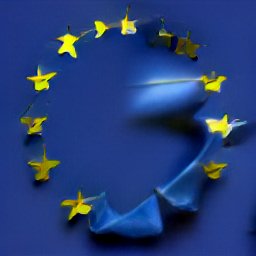Course Description
From the data protection to food safety, the policies adopted by the European Union (EU) have far-reaching consequences in Europe and beyond. In this course, we will look at the main theories that try to explain how policies in the EU are made. We will then let these theories ‘come to life’ by looking at different policy areas in more detail, from environmental to economic to digital policy. Who are the main actors in EU policymaking, and what is their relative power? What kind of political system is the EU? How is EU policymaking different from policymaking on the national level, and how is it similar? How do we explain the EU’s response to the Euro crisis? Why is European competition policy tougher than US competition policy? Why is the EU a leader in global internet governance but has been unable to establish a comprehensive social policy? We will try to answer these questions by looking at both theories and empirics, availing ourselves of the conceptual tools and empirical knowledge to understand why the EU - one of the most interesting and important actors in today’s world - acts the way it does.
